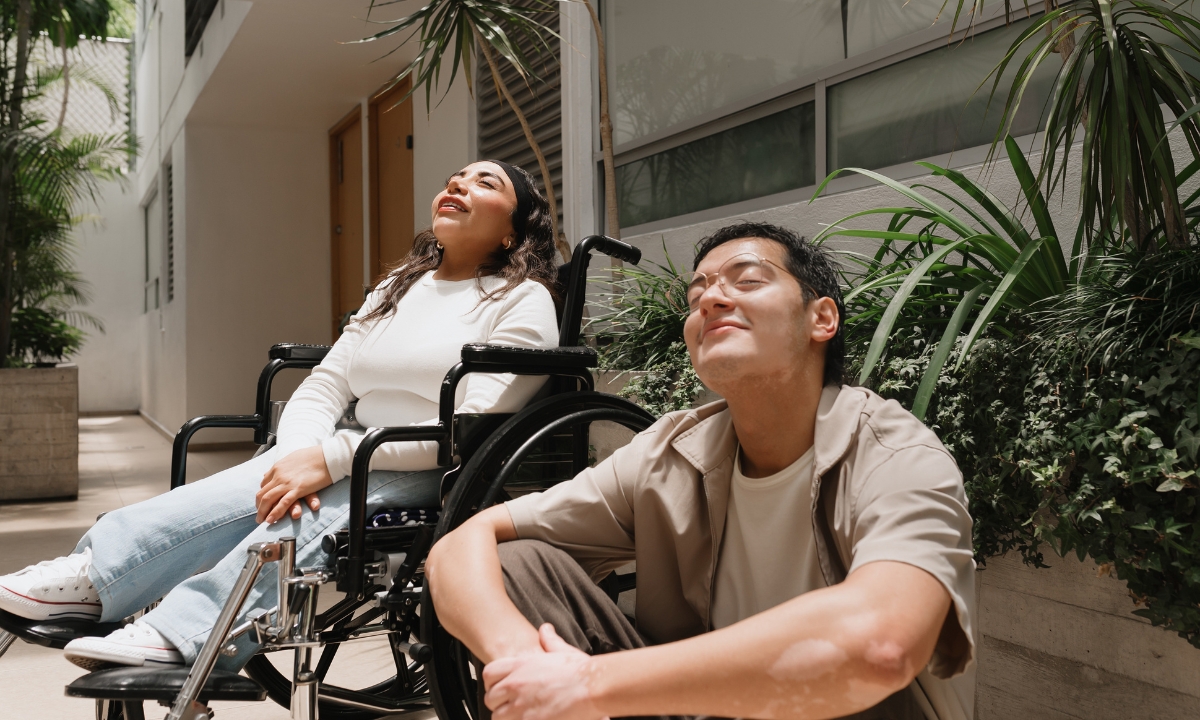Selecting the right caregiver for your loved one is one of the most important decisions you can make. Whether you’re seeking assistance for an aging parent, a family member with a chronic illness, or a child with special needs, finding the right person to provide care can be challenging and overwhelming.
At Reliant Home Care Services, we understand the significance of this choice and are here to guide you through the process. Let’s take a look at some of the key considerations in choosing the right caregiver for your loved one.

Understanding Your Needs
The first step in choosing the right caregiver is understanding your specific needs. Every family and individual requires different types of care, so it’s essential to assess what kind of support is needed. Consider factors such as the level of medical care required, the need for personal care assistance, mobility support, and emotional and social needs.
For instance, if your loved one has a chronic illness or requires specialized medical care, you’ll need a caregiver with the appropriate medical training and experience. Conversely, if your primary concern is companionship and assistance with daily activities, a caregiver with a nurturing and patient personality may be more suitable. Other factors to consider may include how often you require a caregiver and your loved one’s financials.
Qualities of an Ideal Caregiver
When selecting a caregiver, there are certain qualities and skills that are essential to look for. According to the National Alliance for Caregiving, important caregiver traits include:
- Compassion and Empathy: A good caregiver should be compassionate and empathetic, able to connect with the care recipient and understand their emotional needs.
- Reliability and Trustworthiness: Trust is crucial in a caregiving relationship. Ensure the caregiver has a track record of reliability and trustworthiness.
- Patience and Flexibility: Caring for someone can be unpredictable. A caregiver should be patient and flexible, able to adapt to changing situations and needs.
- Communication Skills: Effective communication is key in caregiving. The caregiver should be able to clearly communicate with both the care recipient and their family.
Professional Training and Experience
While personal qualities are essential, professional training and experience are equally important. According to the Bureau of Labor Statistics, the demand for home health aides and personal care aides is projected to grow by 22% from 2022 to 2032, much faster than the average for all occupations. This growing demand underscores the importance of hiring caregivers who are well-trained and experienced.
Look for caregivers who have relevant certifications and training, such as Certified Nursing Assistants (CNAs) or Home Health Aides (HHAs). Additionally, experience in caring for individuals with similar conditions to your loved one can be a significant advantage. For instance, if your loved one has Alzheimer’s disease, a caregiver with specialized training in dementia care can provide more effective support.

Conducting Interviews and Background Checks
Once you have identified potential caregivers, it’s crucial to conduct thorough interviews and background checks. Interviews allow you to assess the caregiver’s personality, communication skills, and overall compatibility with your loved one. Prepare a list of questions that address their experience, approach to care, and scenarios they might encounter.
Background checks are vital for ensuring the safety and well-being of your loved one. According to the National Council on Aging, as many as 5 million adults over age 60 in the U.S. are victims of elder abuse each year, often at the hands of caregivers. To mitigate this risk, verify the caregiver’s credentials, check references, and conduct criminal background checks. When you partner with a provider such as Reliant, you can rest assured that all caregivers have been properly vetted. However, you do invite you to vet us – check our references, qualifications, and ask any questions you may have. We want you to do whatever it takes to feel comfortable with your loved one’s care providers.
Compatibility and Chemistry
Beyond qualifications and experience, compatibility and chemistry between the caregiver and your loved one are crucial. A caregiver might have excellent credentials, but if they don’t connect well with the care recipient, the relationship can be strained. Arrange for a trial period where the caregiver can interact with your loved one to see if they are a good fit.
During this trial period, observe how the caregiver and your loved one interact. Are they comfortable around each other? Does the caregiver show genuine interest and care? Pay attention to your loved one’s feedback as well, as their comfort and happiness are paramount.

Making an Informed Decision
Choosing the right caregiver is a critical decision that requires careful consideration and planning. By understanding your needs, looking for essential qualities, verifying professional training, and ensuring compatibility, you can find a caregiver who will provide compassionate and effective care for your loved one.
At Reliant Home Care Services, we are dedicated to helping families navigate this process and find the best caregivers for their needs. Our experienced team is here to support you every step of the way, ensuring that your loved ones receive the highest quality care. Reach out to Reliant today to learn more.

